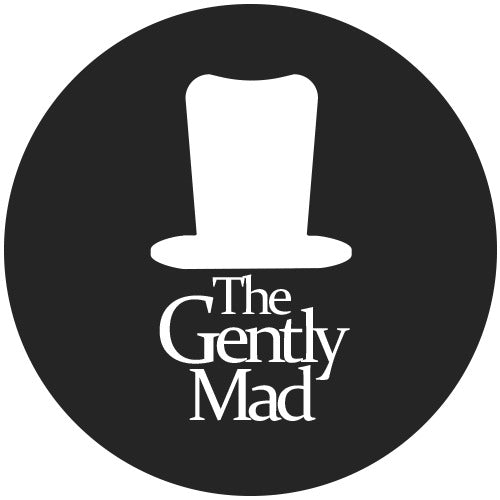1
/
of
5
The Gently Mad Book Shop
A Testament of Beauty - Robert Bridges (Poet Laureate) - Clarendon Press 1930
A Testament of Beauty - Robert Bridges (Poet Laureate) - Clarendon Press 1930
Regular price
£29.99 GBP
Regular price
Sale price
£29.99 GBP
Unit price
/
per
Tax included.
Couldn't load pickup availability
A TESTAMENT OF BEAUTY
By Robert Bridges
Oxford at the Clarendon Press, London, 1930. First edition: octavo; hardcover, quarter-bound in vellum with marbled boards and gilt spine titling; 175pp., on laid paper, all opened, with a monochrome portrait frontispiece (with tissue guard).
A nice clean copy of Bridge's The Testament of beauty for which he received the Order of Merit. Robert Seymour Bridges (1844 - 1930) was an English poet, and poet laureate from 1913 to 1930. In the book Milton's Prosody, he took an empirical approach to examining Milton's use of blank verse, and developed the controversial theory that Milton's practice was essentially syllabic. He considered free verse to be too limiting, and explained his position in the essay Humdrum and Harum-Scarum. He maintained that English prosody depended on the number of stresses in a line, not on the number of syllables, and that poetry should follow the rules of natural speech. His own efforts to free verse resulted in the poems he called Neo-Miltonic Syllabics, which were collected in New Verse (1925). The meter of these poems was based on syllables rather than accents, and he used the principle again in the long philosophical poem The Testament of Beauty (1929).
A good clean first edition. The binding is good with light grubbiness to the vellum spine. All contents present and pages clean throughout. No names or writing. Overall a good first edition.
By Robert Bridges
Oxford at the Clarendon Press, London, 1930. First edition: octavo; hardcover, quarter-bound in vellum with marbled boards and gilt spine titling; 175pp., on laid paper, all opened, with a monochrome portrait frontispiece (with tissue guard).
A nice clean copy of Bridge's The Testament of beauty for which he received the Order of Merit. Robert Seymour Bridges (1844 - 1930) was an English poet, and poet laureate from 1913 to 1930. In the book Milton's Prosody, he took an empirical approach to examining Milton's use of blank verse, and developed the controversial theory that Milton's practice was essentially syllabic. He considered free verse to be too limiting, and explained his position in the essay Humdrum and Harum-Scarum. He maintained that English prosody depended on the number of stresses in a line, not on the number of syllables, and that poetry should follow the rules of natural speech. His own efforts to free verse resulted in the poems he called Neo-Miltonic Syllabics, which were collected in New Verse (1925). The meter of these poems was based on syllables rather than accents, and he used the principle again in the long philosophical poem The Testament of Beauty (1929).
A good clean first edition. The binding is good with light grubbiness to the vellum spine. All contents present and pages clean throughout. No names or writing. Overall a good first edition.
(Loc: Desk; Top shelf )
Share with someone










